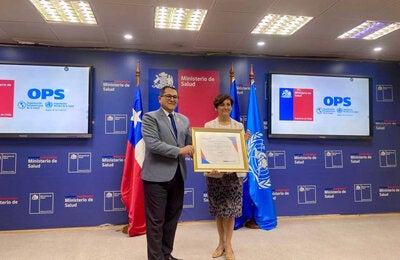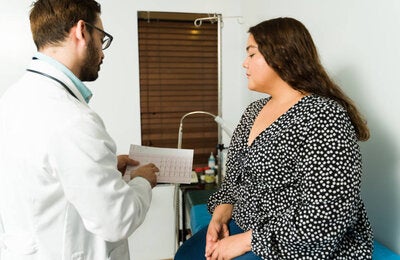RTS,S/AS01 (RTS,S) is the world’s first malaria vaccine that has been shown to provide partial protection against malaria in young children. The vaccine acts against Plasmodium falciparum, the most deadly malaria parasite globally and the most prevalent in Africa.1 The vaccine has been recommended by WHO for pilot introduction in selected areas of 3 African countries. It will be evaluated for use as a complementary malaria control tool that could be added to (and not replace) the core package of WHO-recommended preventive, diagnostic and treatment measures.
In July 2015, the European Medicines Agency (EMA) issued a positive scientific opinion of RTS,S, stating that the benefits of the vaccine in preventing malaria outweigh potential risks. The National Regulatory Authorities of Ghana, Kenya and Malawi authorized the RTS,S vaccine for use in pilot areas in May 2018.
Following the EMA decision, and after a thorough review of the clinical trial results, WHO’s top advisory committees for malaria and for immunization — the Strategic Advisory Group of Experts (SAGE) on Immunization and the Malaria Policy Advisory Committee (MPAC) — jointly called in October 2015 for pilot implementation of the vaccine in three to five settings in sub-Saharan Africa.
The RTS,S malaria vaccine was developed for use in Africa and for African children. Additional studies will be needed before the vaccine can be recommended for use outside Africa.
In a position paper published on 29 January 2016, WHO officially adopted the joint recommendation of SAGE and MPAC; in doing so, the Organization recognized the public health potential of the RTS,S vaccine while also acknowledging the need for further evaluation before considering wide-scale deployment. There is currently no WHO policy recommendation for the large-scale use of the RTS,S malaria vaccine beyond the pilot programme. A Q&A on the MVIP is available in English and in French.



